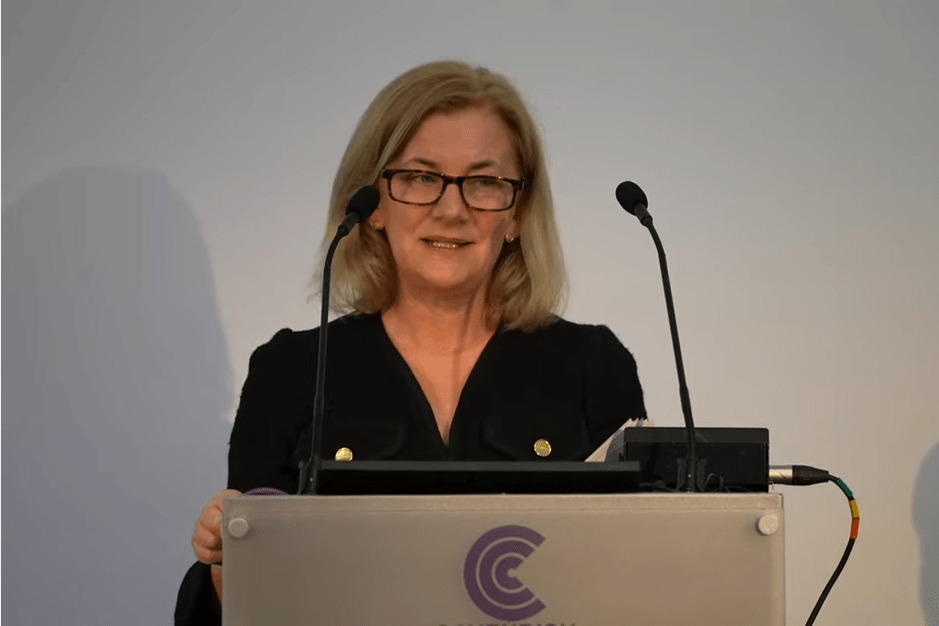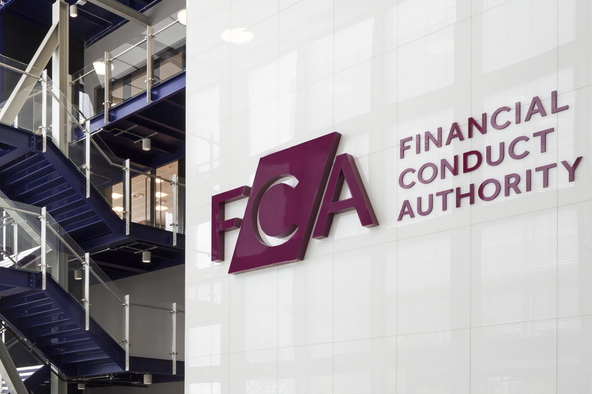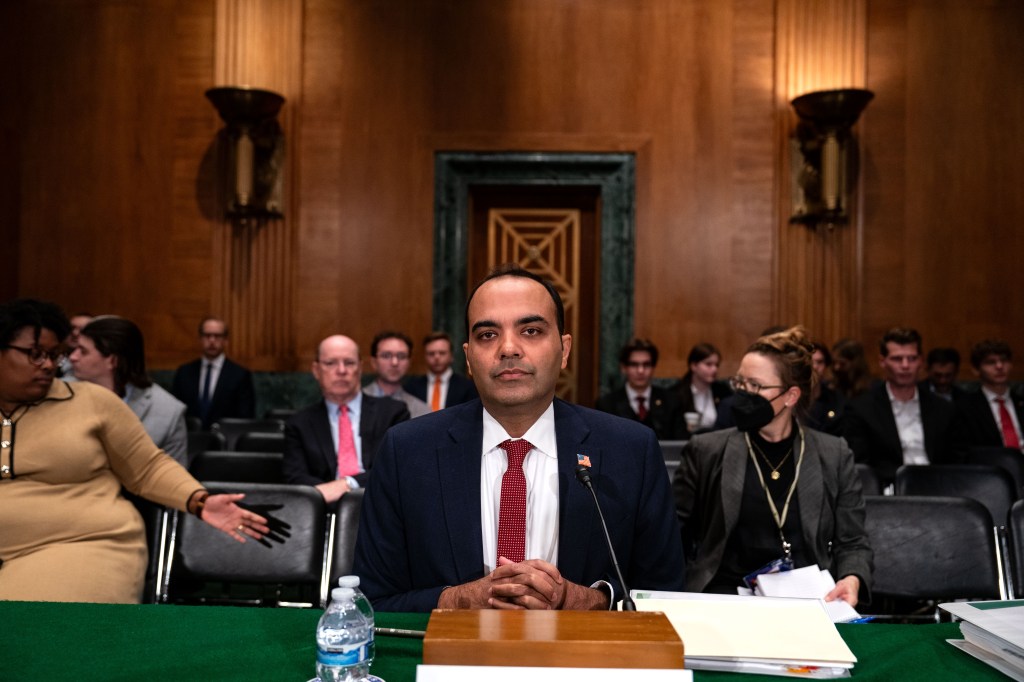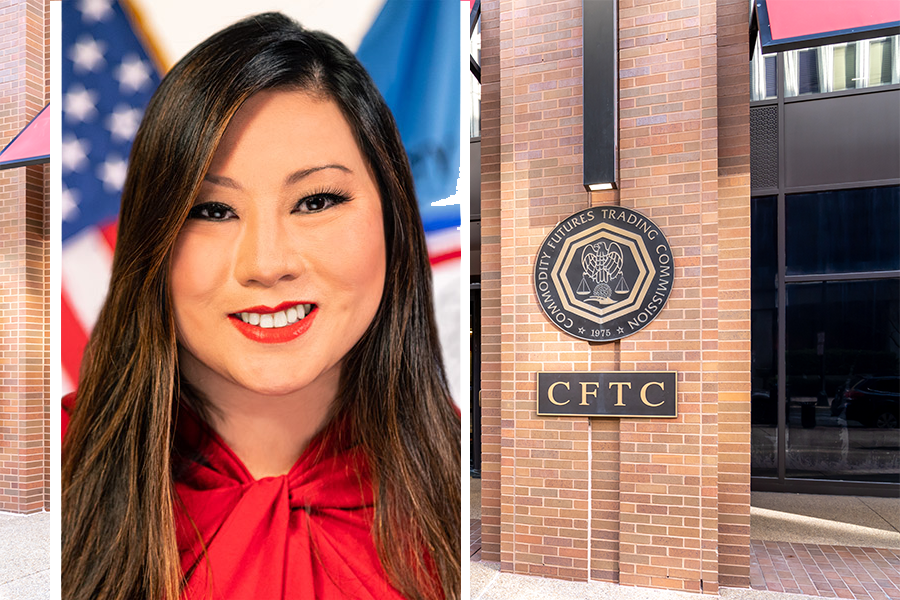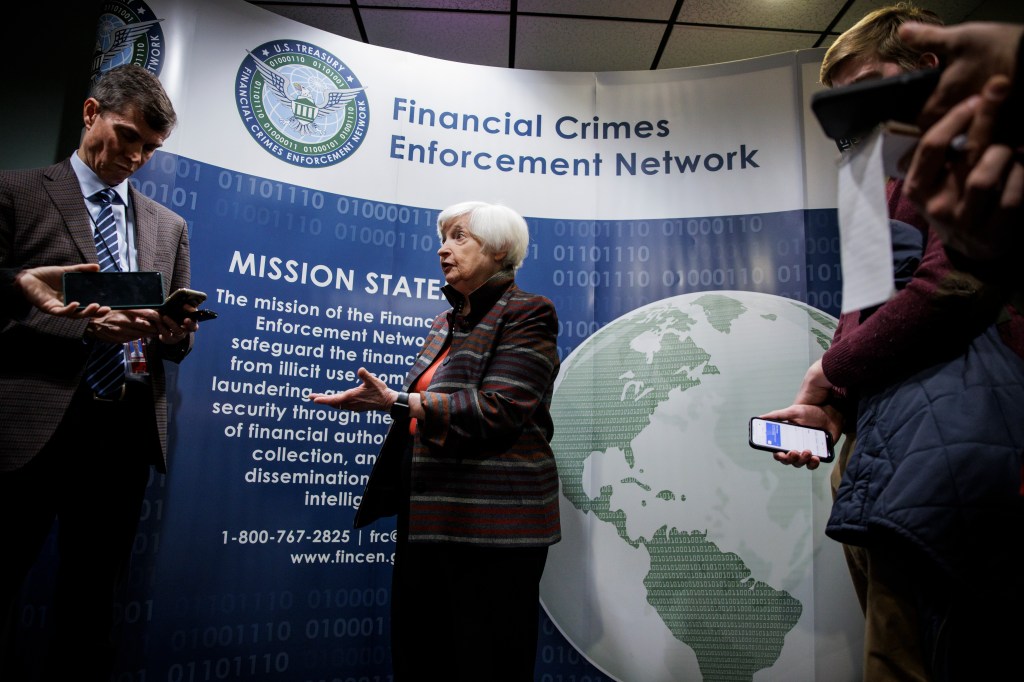A bipartisan group of senators is demanding that the US Financial Crimes Enforcement Network (FinCEN) explain its delay in fully implementing a whistleblower award program for reporting possible Bank Secrecy Act (BSA) violations.
Senators Elizabeth Warren (D-MA), Chuck Grassley (R-Iowa), and Raphael Warnock (D-Ga.) sent a letter to the agency’s anti-money-laundering (AML) unit to express their concern about its lack of progress in implementing the program, three years after it was enacted.
Their concerns revolve around such things as the agency’s failure to create a dedicated, public website to receive the tips, a lack of formalized rules for the program and who is eligible for rewards, plus the lack of a description of which types of claims can be reported.
FinCEN declined to comment specifically on the letter, but said through a spokesperson that “FinCEN is fully committed to successful implementation of our expanded mandate … to include the whistleblower program”.
AML whistleblowing
The FinCEN AML whistleblower program was created as part of the annual defense bill in 2021, and it offers rewards to those who offer voluntary, original information to the Treasury or Justice Departments on possible BSA violations when their tips lead to enforcement actions in which money sanctions exceed $1m.
Looking at another agency – and its record-breaking year in terms of whistleblower complaints and awards – the SEC showcases how its enforcement authorities rely on the information supplied by whistleblowers.
The SEC’s fiscal year 2023 showed its whistleblower program awarding tipsters nearly $600m, including a record-breaking $279m awarded to one whistleblower. The agency received more than 18,000 whistleblower tips, a record number and approximately 50% more than the previous record of 12,300 received in fiscal year 2022.
The whistleblower programs at the securities regulator and the Commodity Futures Trading Commission, created with the passage of the Dodd-Frank Act in 2010, have been immensely successful in helping the agencies’ patrol the securities and commodities markets. They have incentivized people to bring forward critical information about malfeasance that can be devastating to their livelihoods.
With that said, the programs require ongoing funding and a commitment by government agencies to support them with resources and fulsome program implementation.

